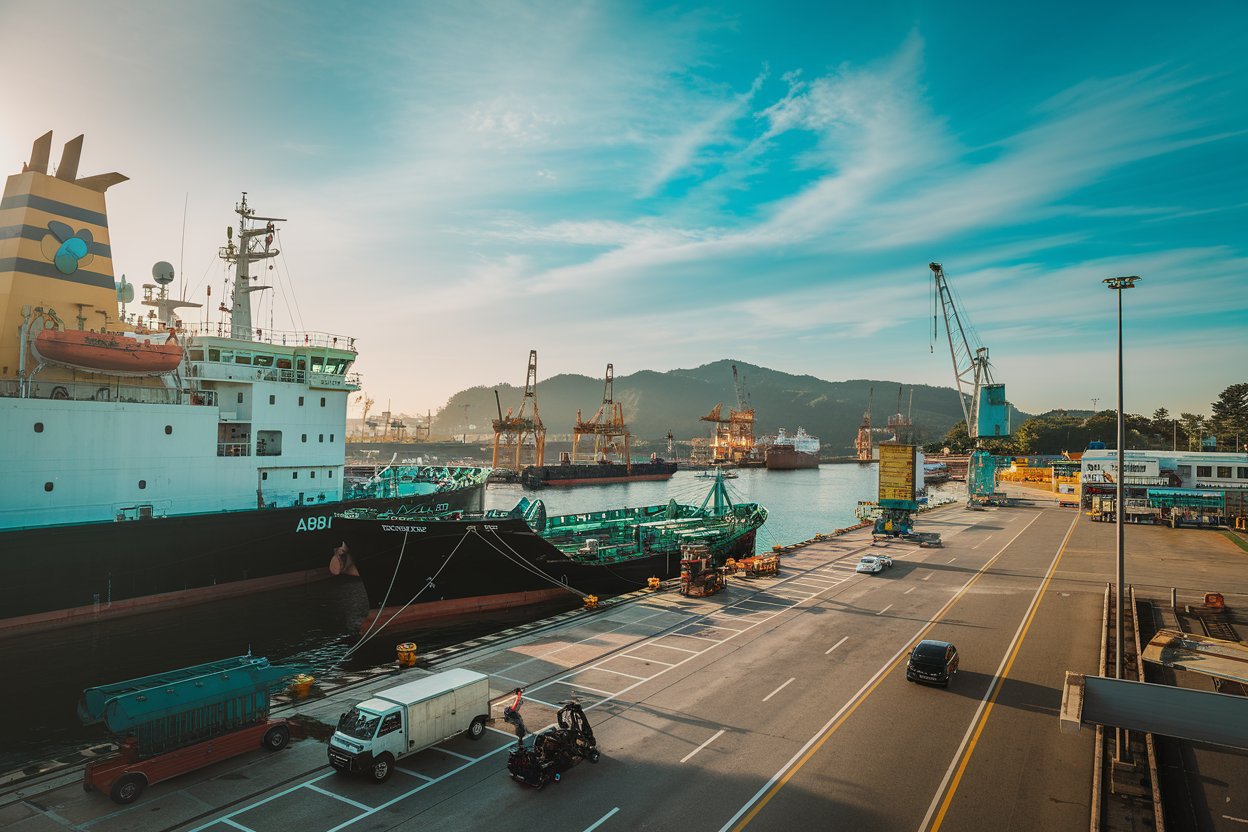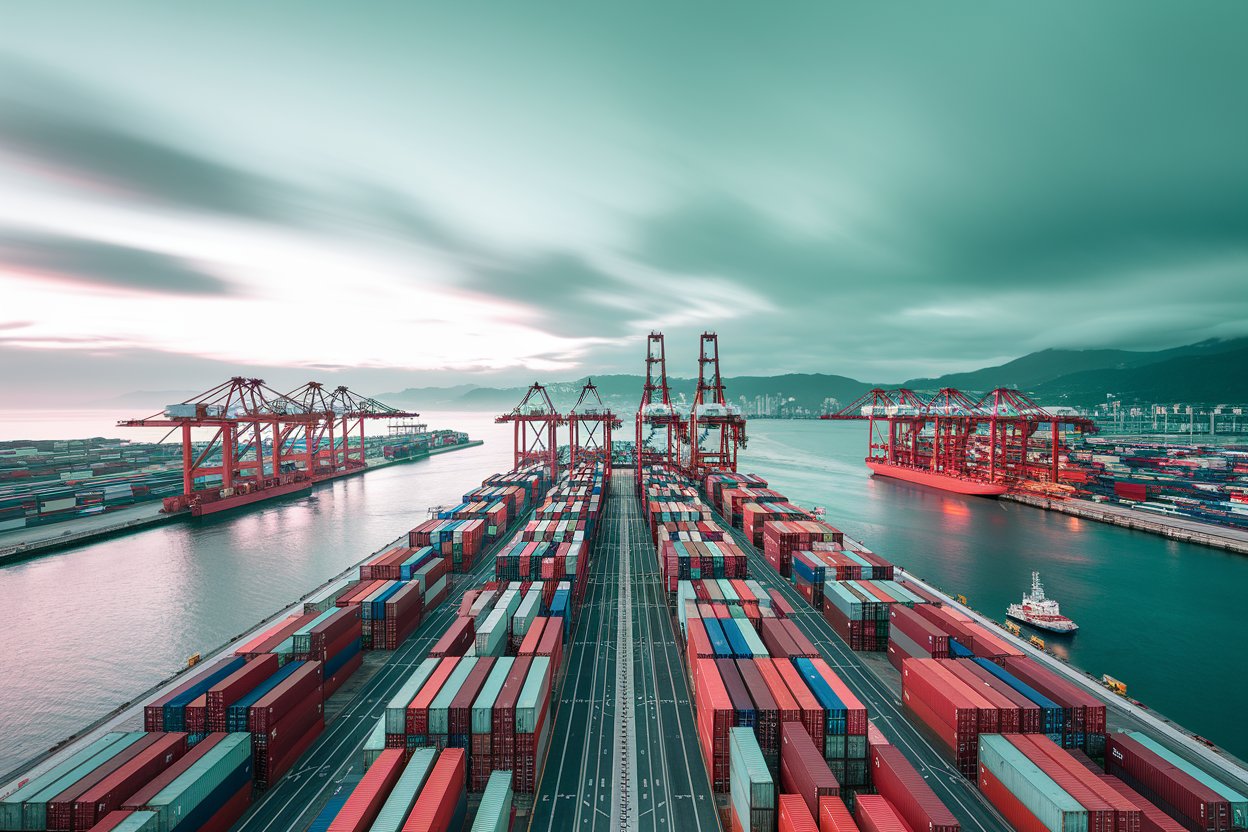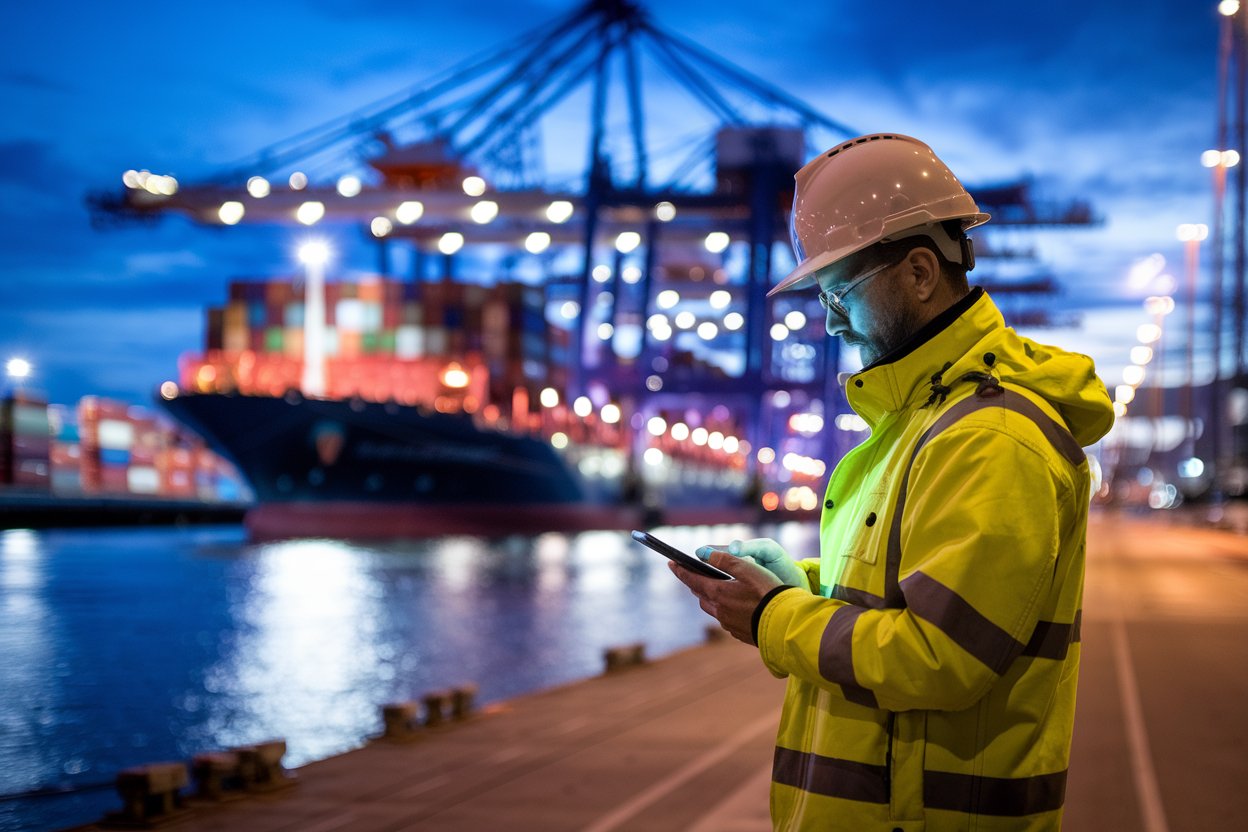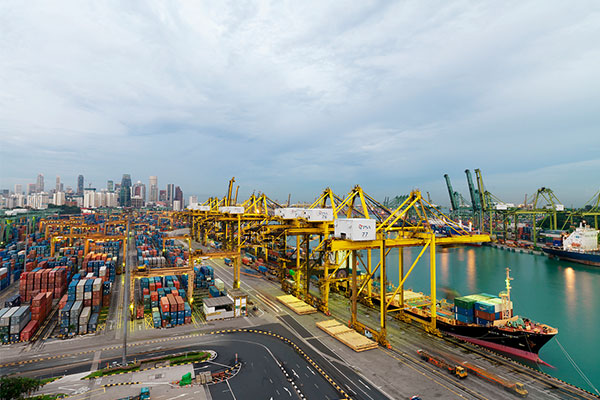- 20 Years of Expertise in Import & Export Solutions

Equipment?Export Agency?Key Decision Factors for the Service
Against the backdrop of the global equipment trade volume projected to surpass USD 4.5 trillion in 2025, selecting a professional and reliable export agency has become a strategic decision for equipment manufacturers to prevail in international markets. Unlike general cargo trade,?Equipment Export?InvolvesOver-limit transportation, technical certification, installation and commissioningFor special requirements, the following core dimensions must be examined:
I. Industry Qualifications and Professional Certification System
Compliance review should be treated as the primary screening criterion:
- Basic Qualifications:Customs AEO certification,?Import/export?Qualification and licensing, foreign exchange administration registration
- Professional Certifications: IATA Dangerous Goods Transport Qualification (applicable to battery-containing devices), CE/FCC certification service capability
- Industry Experience: A proven case-study library in specialized equipment sectors (e.g., medical, construction machinery, semiconductors)
II. Quality of Global Service Network Layout
Equipment delivery involves complex multi-node handoffs; it is recommended to focus validation on:
- Overseas customs clearance capability: whether a self-operated customs clearance team is established in the target market
- Special Transport Resources: AvailableModular transportation, deck barge charterand other special logistics configurations
- Localization Services: Are Chinese-speaking technical coordinators available in the primary export countries?
3. Comparison of Customs Clearance Technical Processing Capabilities
Common Customs Clearance Challenges and Solutions for Equipment Exports:
- HS Code Classification: Provided or NotPre - classification ServiceAvoid filing errors
- Technical document processing: multilingual conversion capabilities for equipment drawings and operation manuals
- Refund Timeline Control: Can the Document Management System enable tax refund filing within 48 hours?
4. Maturity of Risk Control Mechanisms
The Four-Tiered Risk Firewall for Professional Agents:
- Transportation Insurance: Oversized EquipmentIndividual insuranceCoverage for lifting and hoisting risks
- FX Hedging: Forward contracts available?Foreign exchange settlement?Wait for financial instruments to lock in the exchange rate
- Quality Dispute Resolution: Rapid Response Mechanism for Third-Party Inspection Agencies
- Legal Support: Commercial Legal Advisory Network in Key Trading Zones
V. Evaluation of After-Sales Service Response Standards
After-sales service for exported equipment is characterized by its ongoing nature, and it must be clearly defined:
- Emergency Response Timeframe: Commitment to On-Site Support Arrival Time in the Target Country
- Spare Parts Management: Whether an overseas spare parts warehousing system has been established
- After-sales service: Language coverage for installation and commissioning guidance
The essence of choosing an equipment export agent is to buildlong-term strategic partnership. It is recommended that companiesScenario simulation test(For example, handling sudden returns or urgent technical-file revisions) verify the service provider’s actual response capability, and—considering factors such as equipment export volume, target-market characteristics, and technical complexity—select a partner that truly offers end-to-end service capability.
Category Case
Contact Us
Email: service@sh-zhongshen.com
Recommended for You
Contact via WeChat

? 2025. All Rights Reserved.









